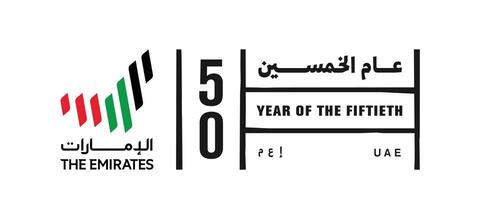This is part of efforts to relieve pressure on the country's energy plants and avoid power outages, according to Mostafa Mashhadi, a spokesman for Iran’s power industry.
The ban, which will be in place until March 6, will free up 209 megawatts of power for consumption in the household sector, he said in an interview with state TV, Bloomberg reported.
Mashhadi added that the authorities are cracking down on illegal mining by individuals at home and industrial units on a large scale.
These unlicensed operators account for the largest share of crypto mining in the country, consuming more than 600 megawatts of electricity.
Other measures to save fuel include turning off street lights in some areas and regulating electricity consumption in offices.
The government expected to increase electricity production by 60% in the summer, Mashhadi said.
Iran's daily household gas demand rose to an unprecedented level of 570 million cubic meters per day for the first time ever, while the country exceeded its maximum production of natural gas to 800 million cubic meters per day, according to the National Iranian Gas Company.
Excessive demand has also reduced the electricity supply to industrial units.
This article has been amended from its original source










